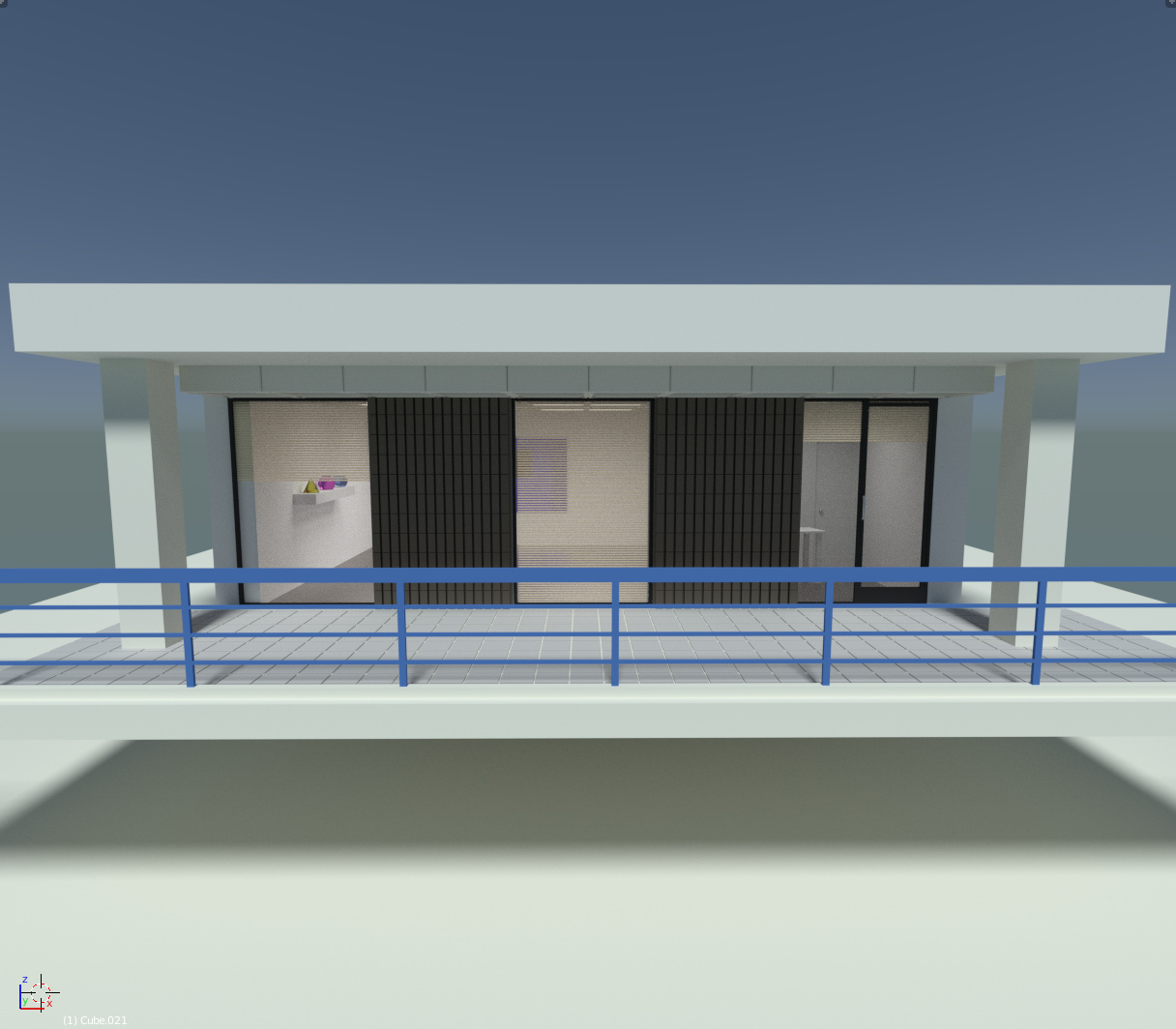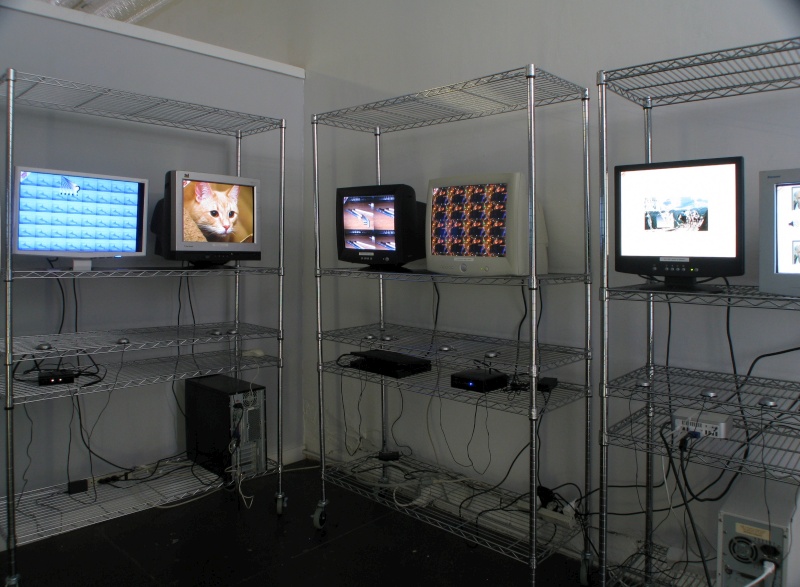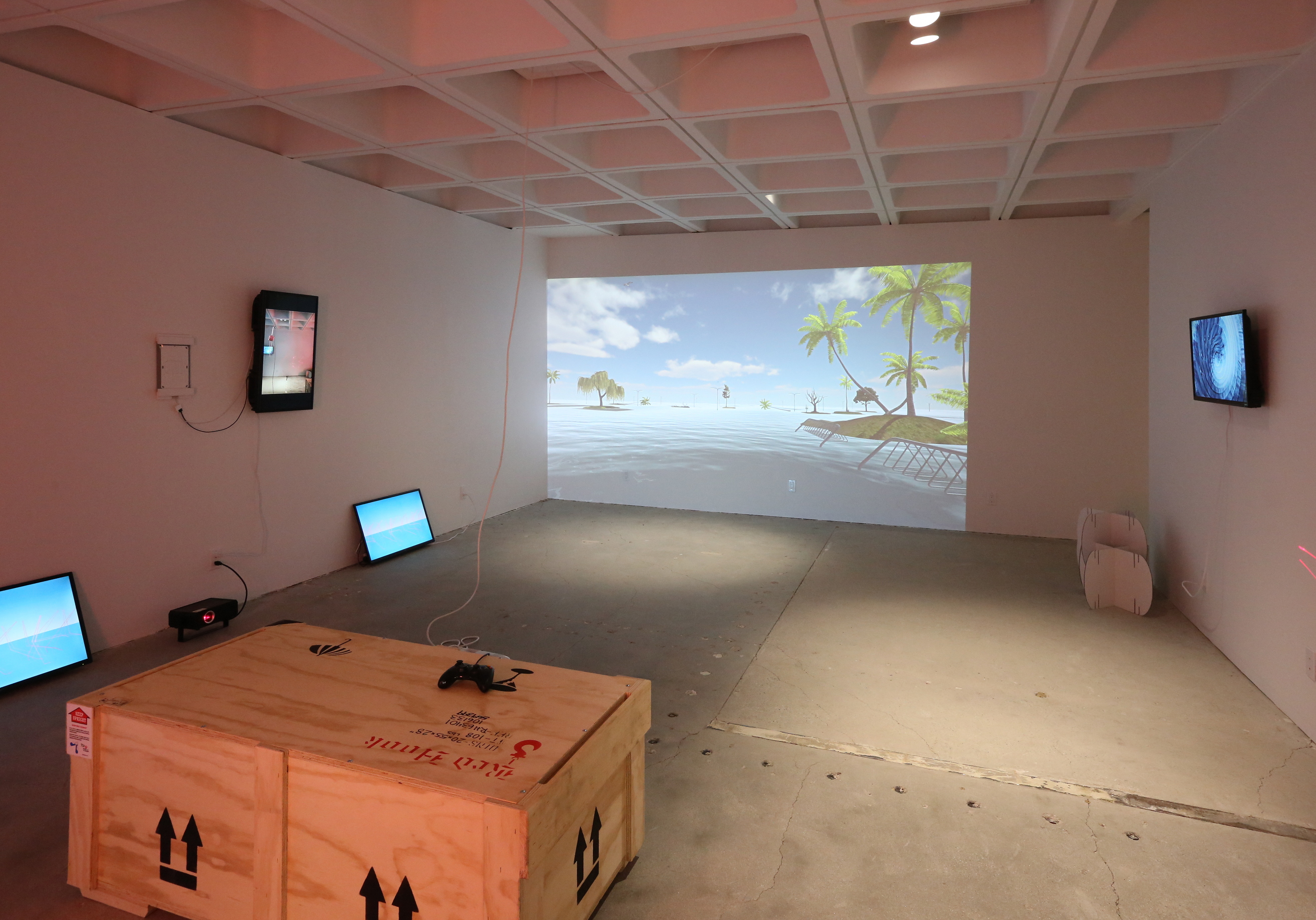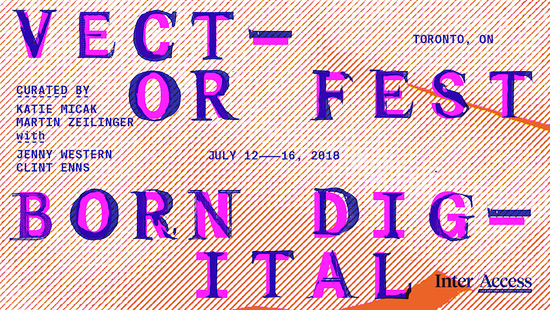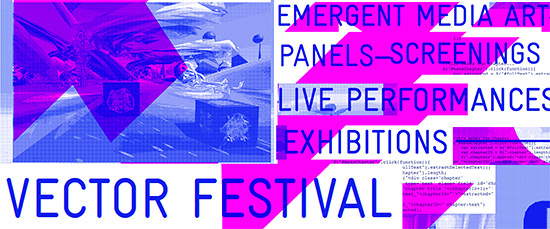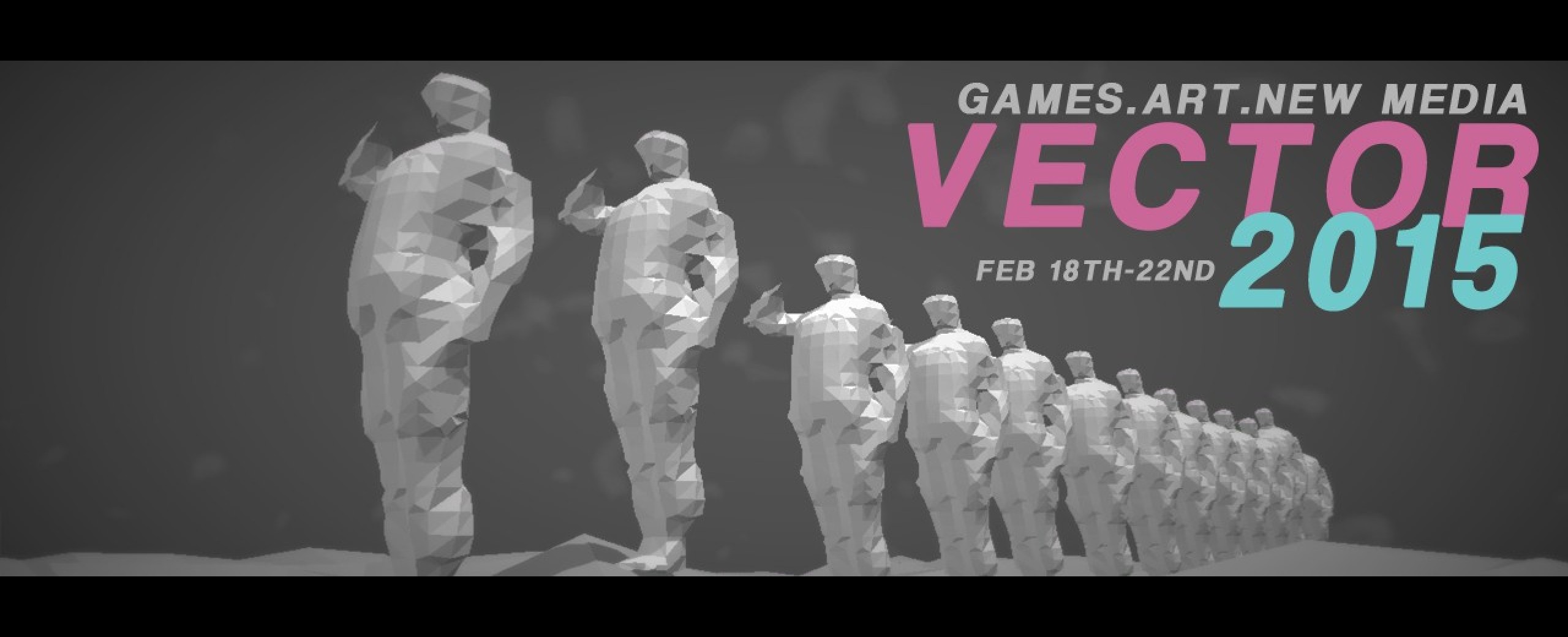Laboratory provides space and support for interactive art in Spokane, Washington. What is interactive art? We want to support artistic experiences that go beyond either ‘something on a wall’ or ‘something on a stage’. We’re interested in art that creates experiences, where the viewer/user is an integral part in their own experience, where they can touch, manipulate, and, well, interact with the stuff they’re seeing. We want people to feel that art is something that they’re a part of, not just something they look at from a distance and move on. [1]
Laboratory is focused specifically on supporting the development of interactive art. So, we’re interested in artists whose work changes or reacts to audience participation, the changing environment, or other sources of real-time data. Because of this, we tend to have a lot of people who do digital/new media work, but we try hard to be open to other media too. Is your project a wall of paint that people are encouraged to come up and smudge around? A sculpture to be climbed on? Great! Basically, anything that actively involves the viewer, or relies on some kind of data, we’re all for it. [2]

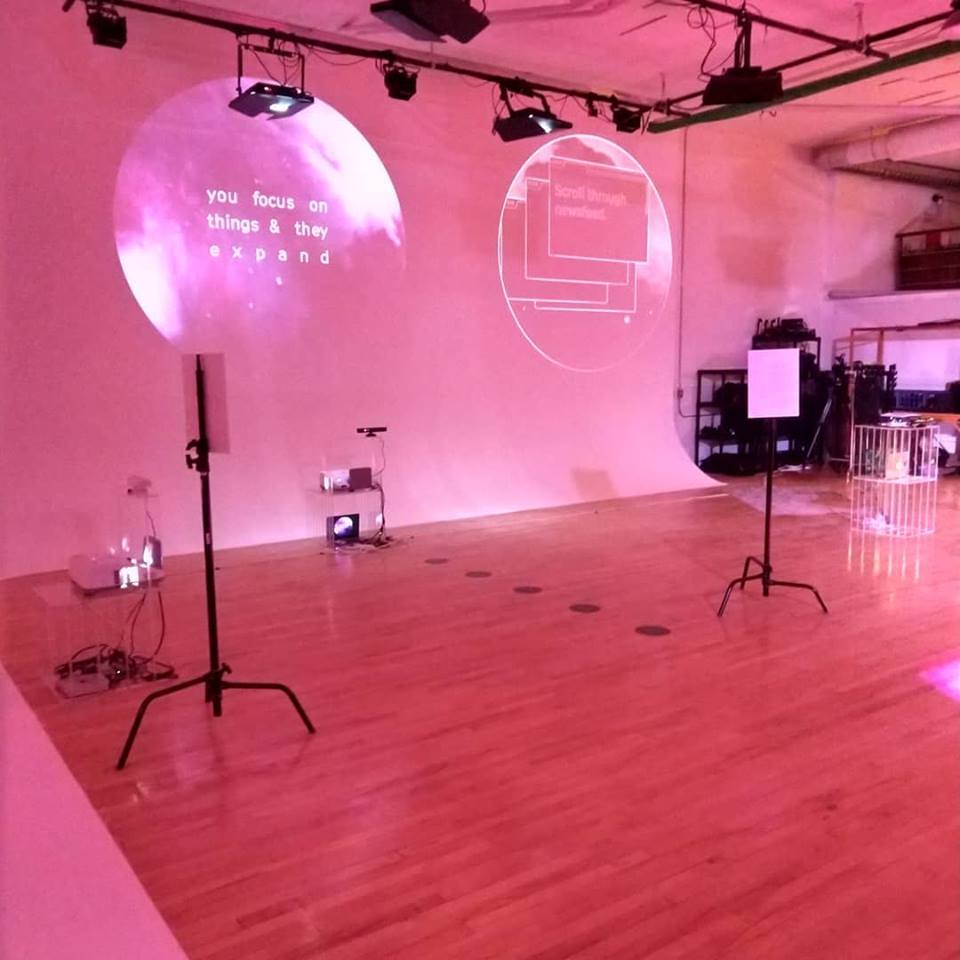
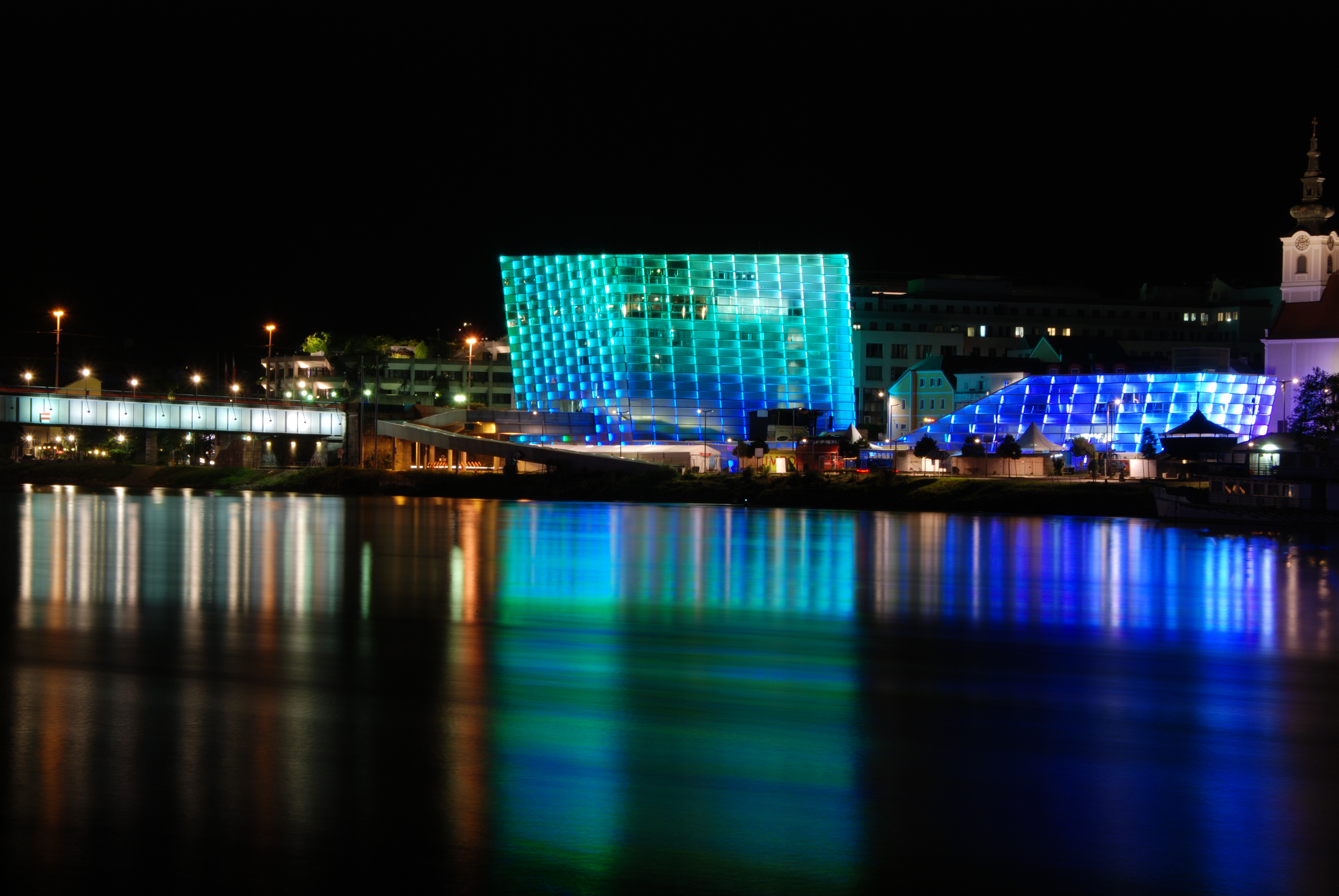
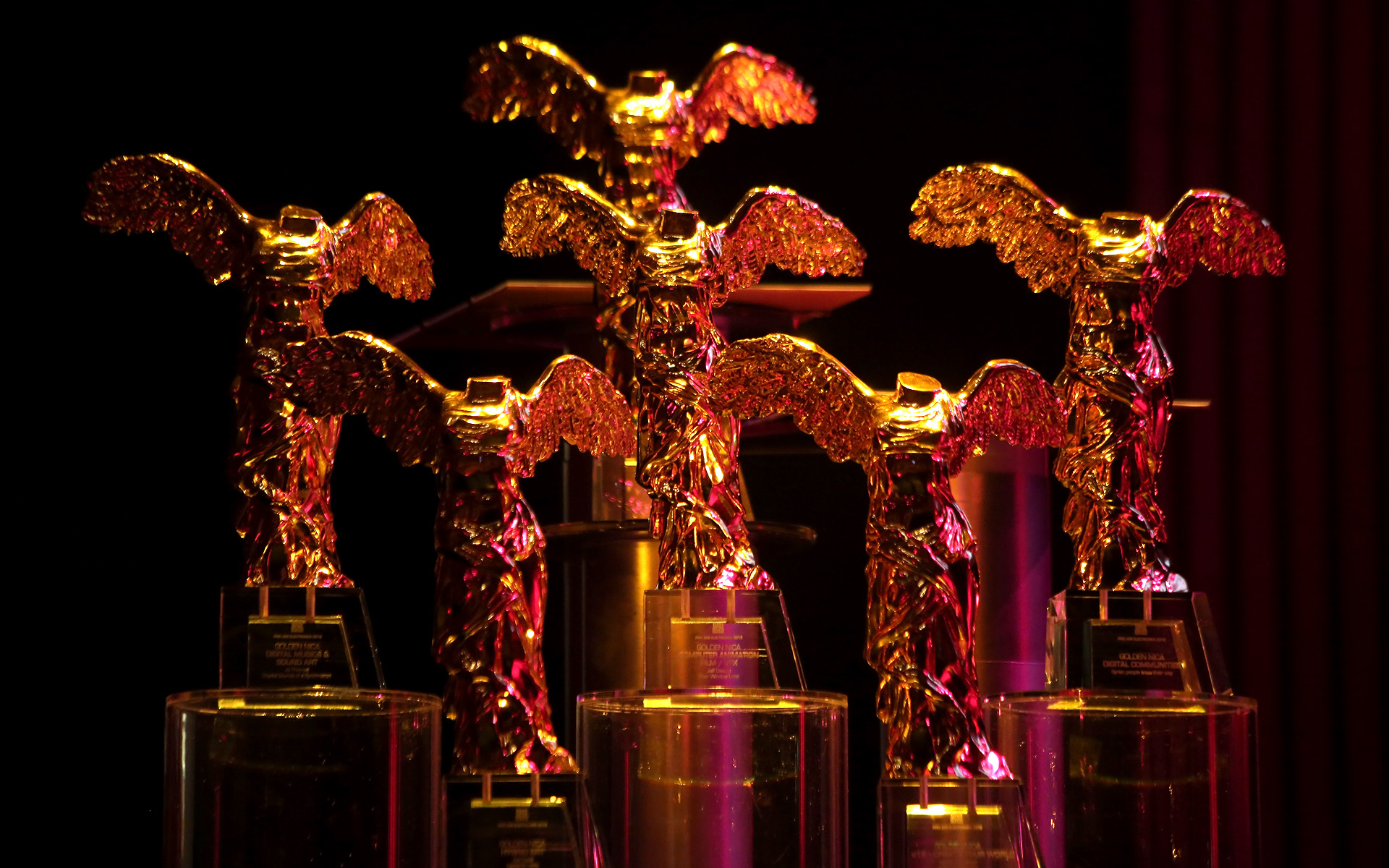
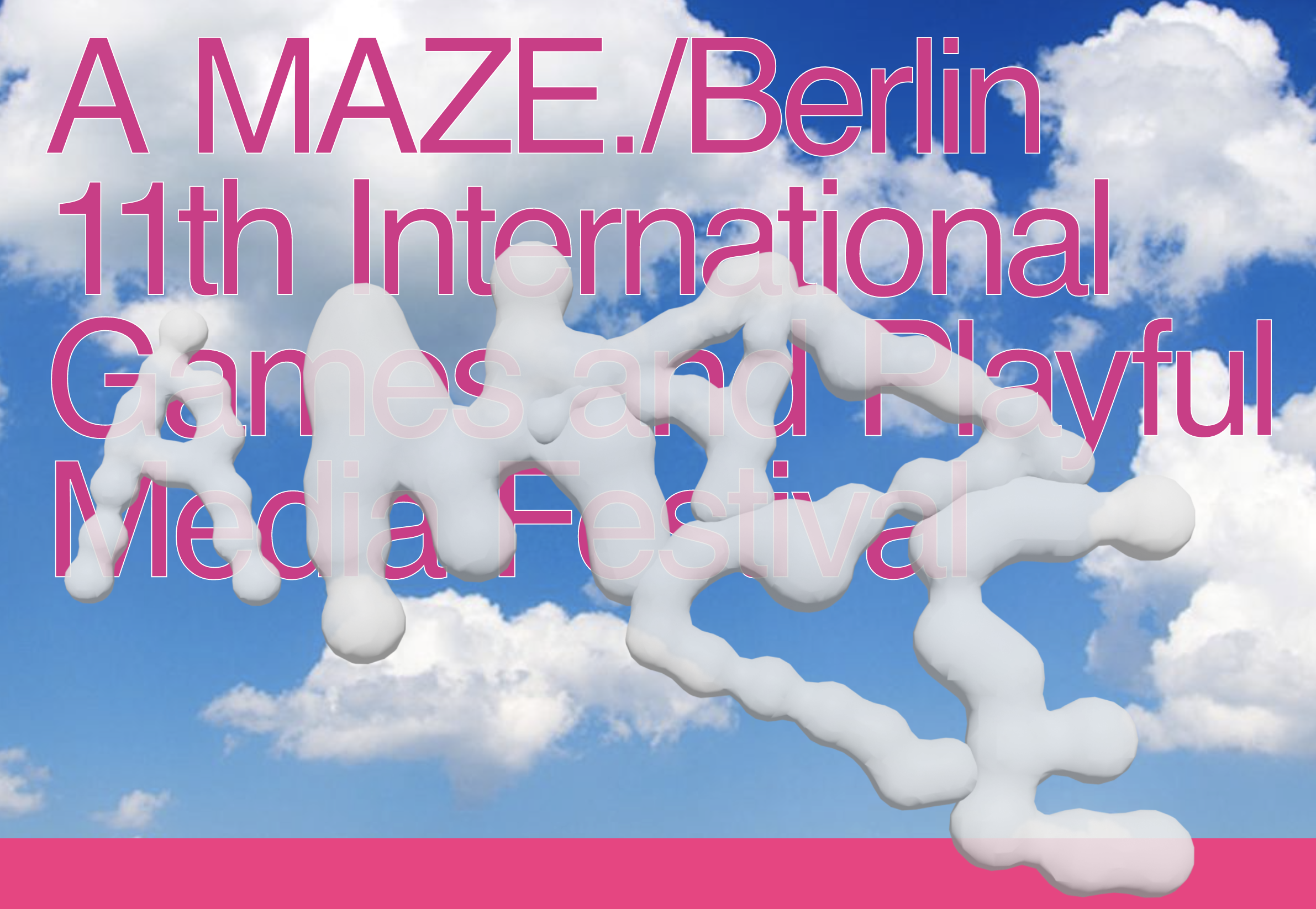
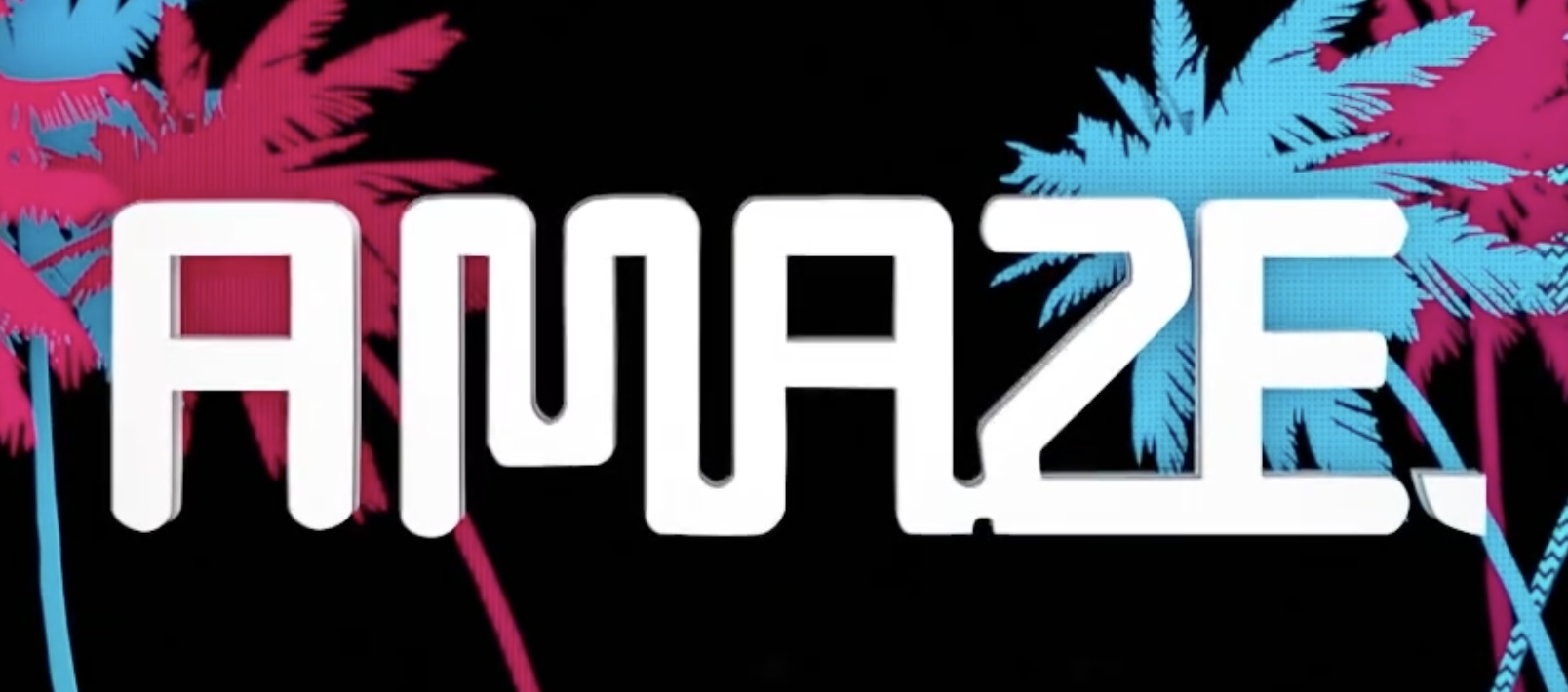
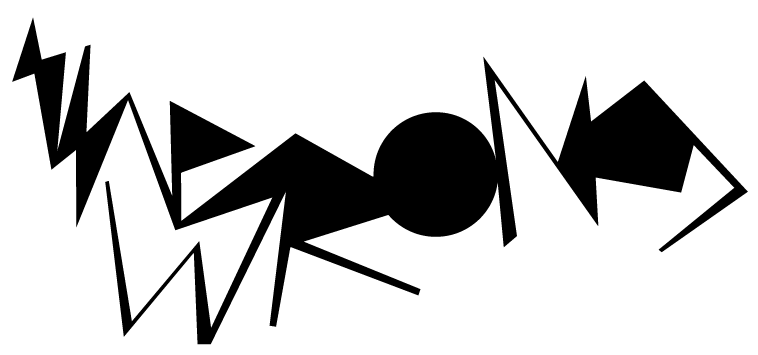

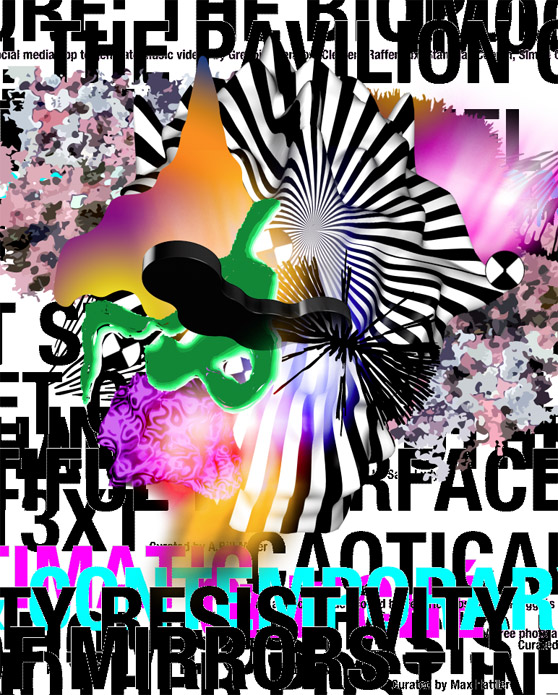
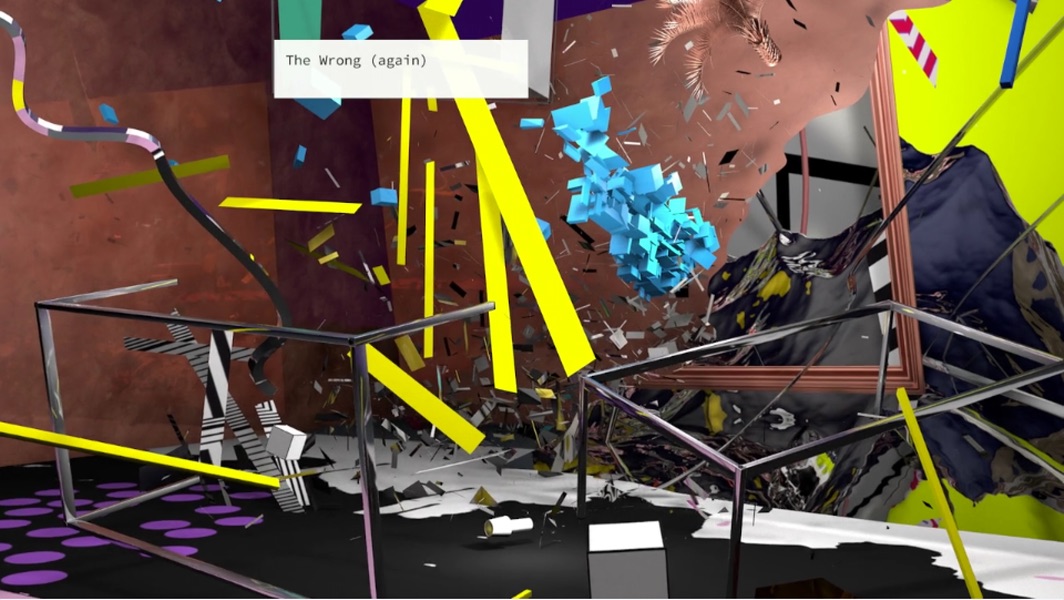
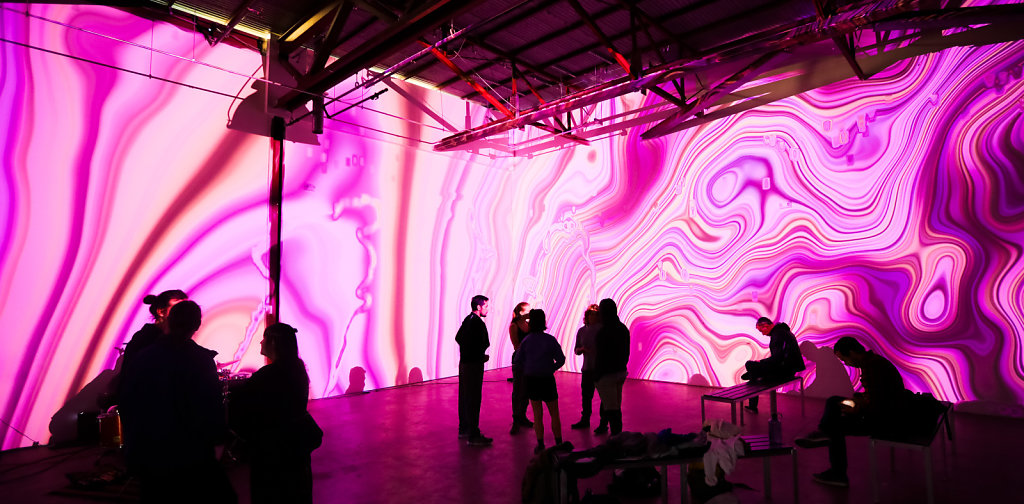
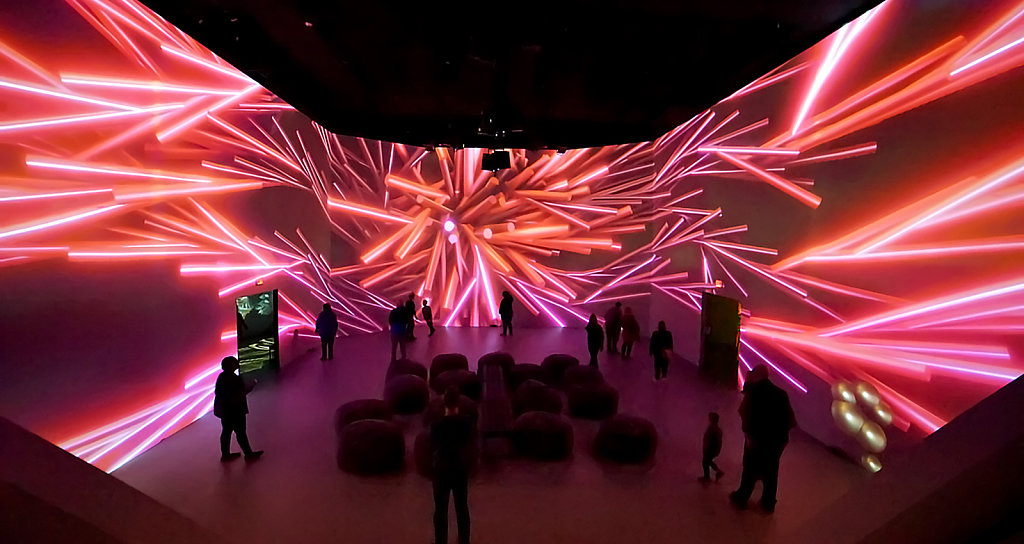
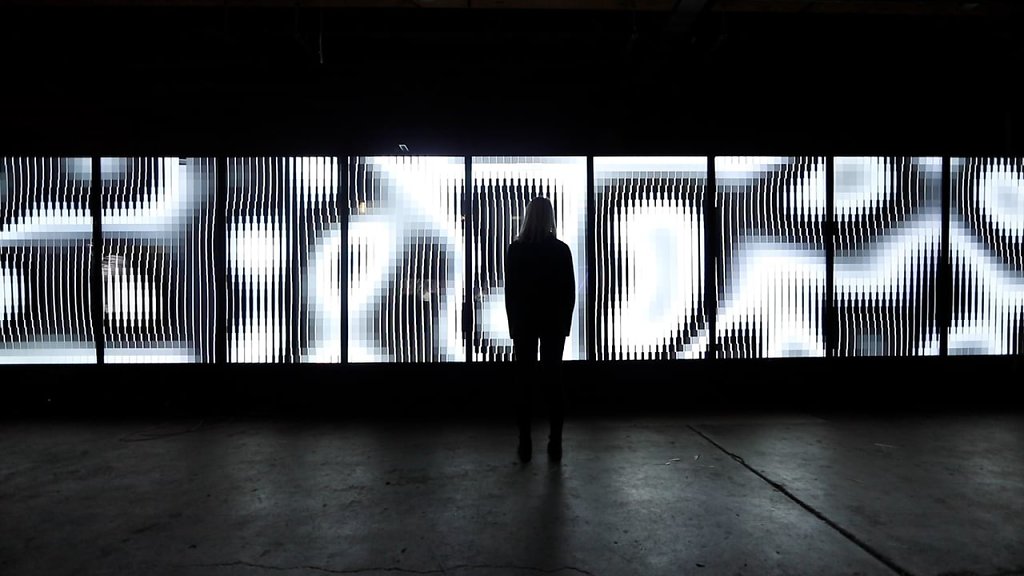
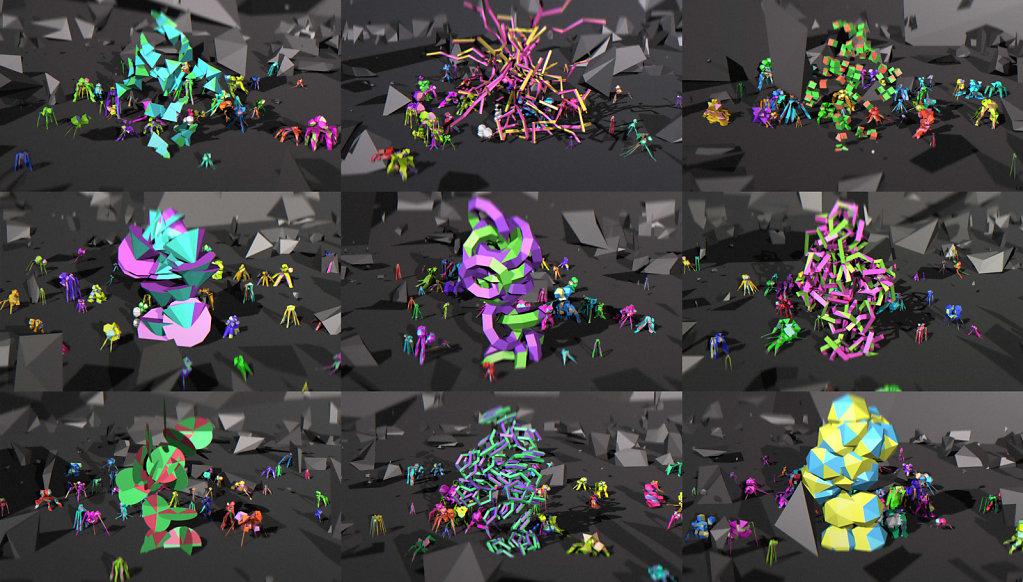
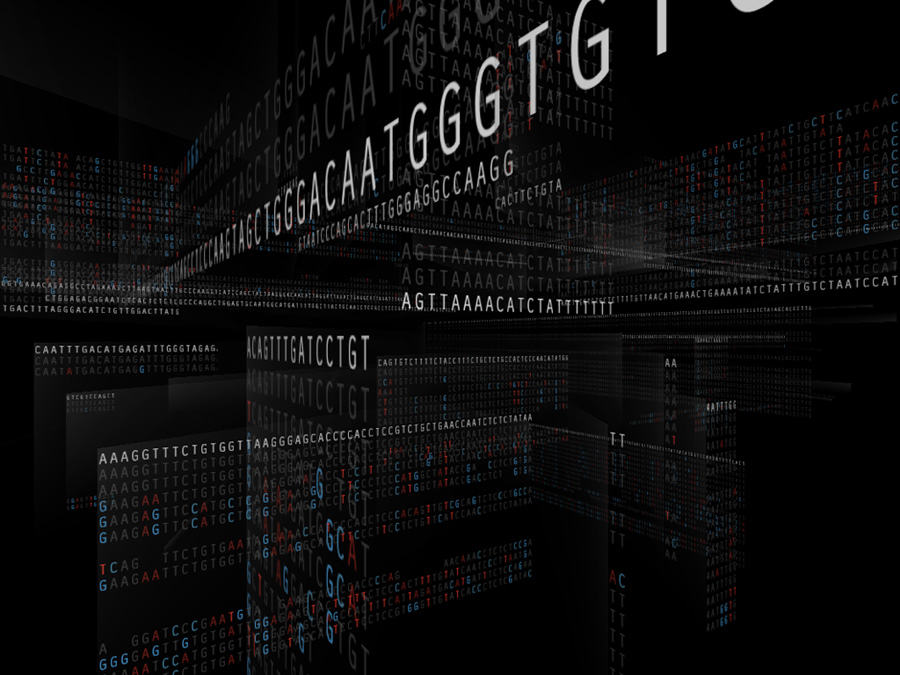
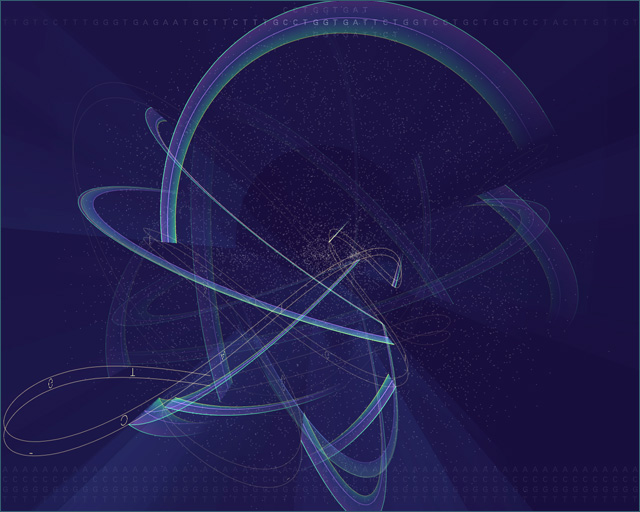
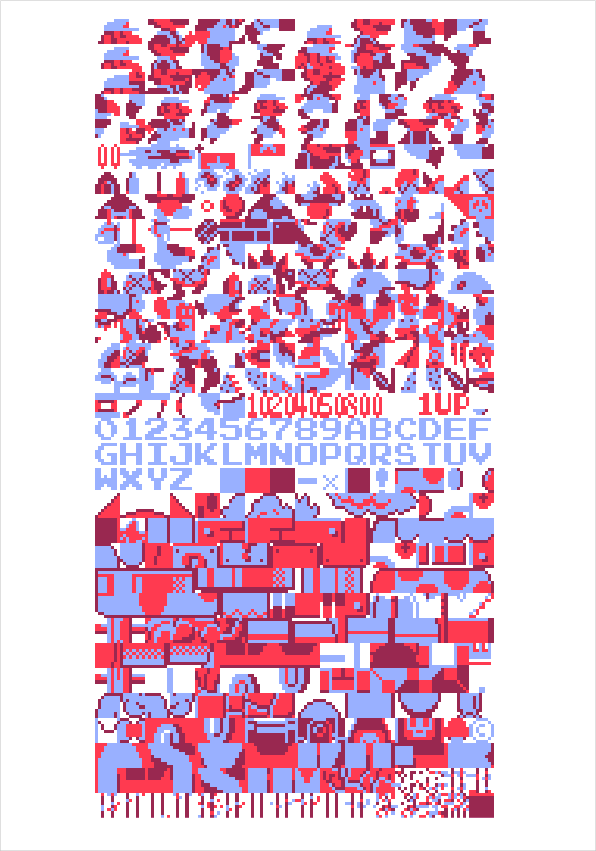
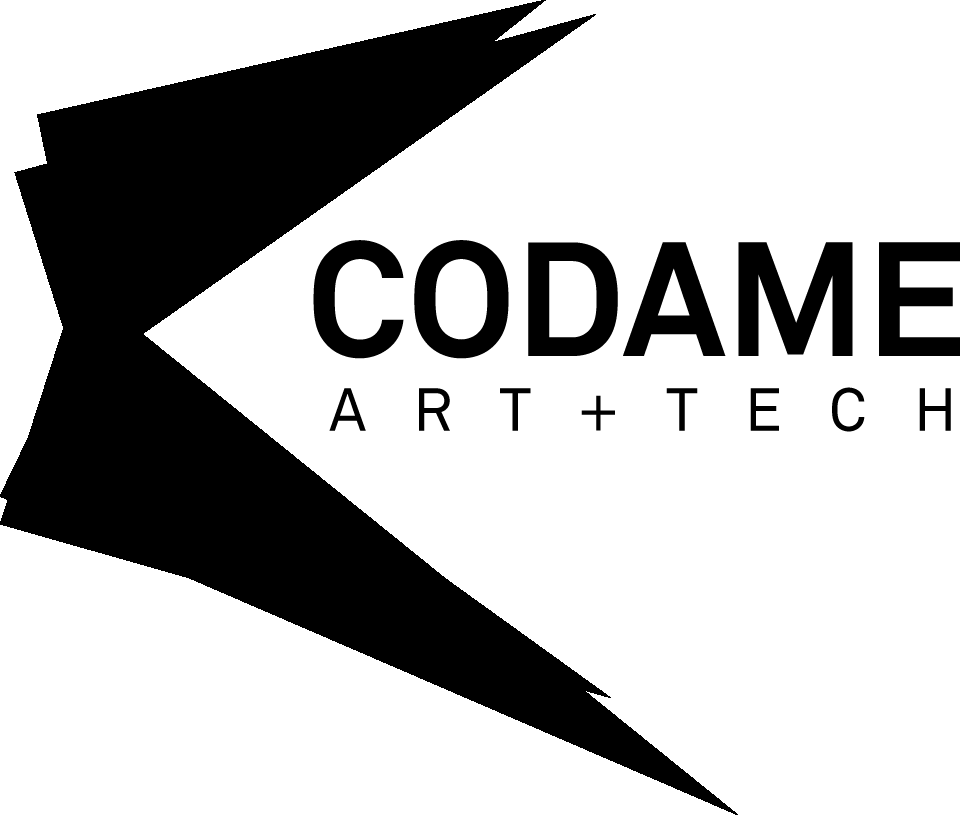
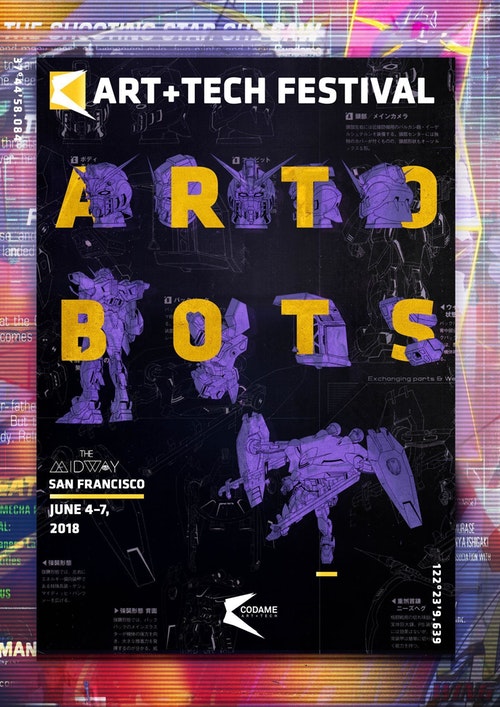
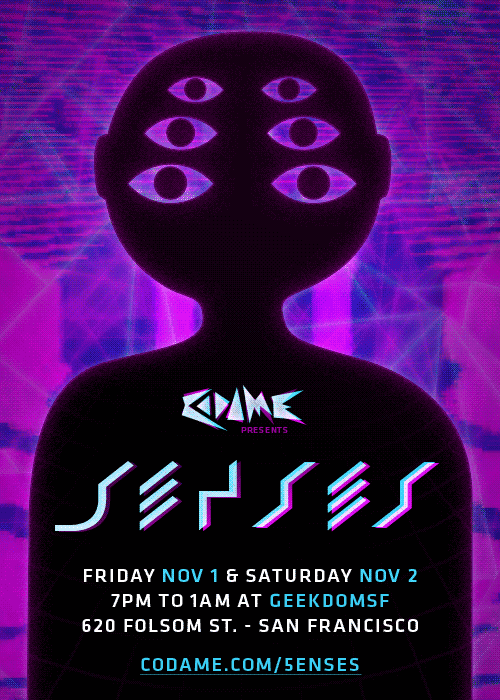
.jpg)
